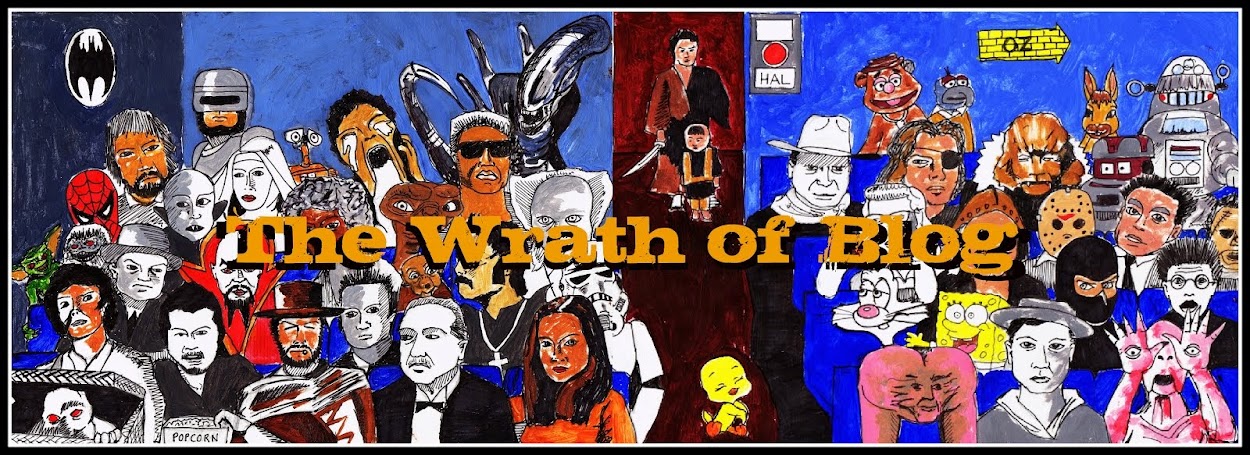 Yet, over 9000 miles away in South Africa, Sixto Rodriguez was bigger than Elvis. His first album Cold Fact, would be found in nearly every household back in the 1970's. He became a symbol for the anti-apartheid movement, and his records were feared as dangerous and influential, and certain tracks would be scratched by the government to stop them from getting airplay. Yet, the South Africans learned that Rodriguez, disappointed with his lack of success, had doused himself with petrol and set himself alight on stage. Or that he shot himself. The details were unclear, but he had committed suicide. But two music journalists, wanting to find out more about this mysterious figure, would not only uncover the story of a man that was unheard of in his native country, but discover he is alive and well.
Yet, over 9000 miles away in South Africa, Sixto Rodriguez was bigger than Elvis. His first album Cold Fact, would be found in nearly every household back in the 1970's. He became a symbol for the anti-apartheid movement, and his records were feared as dangerous and influential, and certain tracks would be scratched by the government to stop them from getting airplay. Yet, the South Africans learned that Rodriguez, disappointed with his lack of success, had doused himself with petrol and set himself alight on stage. Or that he shot himself. The details were unclear, but he had committed suicide. But two music journalists, wanting to find out more about this mysterious figure, would not only uncover the story of a man that was unheard of in his native country, but discover he is alive and well.It's a beautifully shot documentary, shifting from the snowy greys of Detroit, to the sun-bleached world of South Africa. The first half shows us the exciting investigative efforts of Stephen 'Sugarman' Segerman and Craig Bartholomew Strydom, and the many obstacles in their way. One interview with former Motown Records Chairman Clarence Avant possibly uncovers a cover-up of Rodriguez's South African success, as Avant gets extremely defensive when posed questions about the money trail. Maybe Rodriguez was a victim of shady capitalism, or perhaps he was simply a voice America chose not to listen to. After all, he was a shy, awkward presence (he often sat with his back to the crowd), and was from a Mexican immigrant background, hardly the face of the U.S. at the time.
In an age where the music industry is ruled by floppy-haired teens, talentless dollar-eyed wailers from the X-Factor machine, or bling-covered cunts that label themselves as 'hip-hop', it's reassuring to know there's still people out there with a thirst for real music. Sugar Man's Academy Award for Best Documentary Feature is not just for the film itself, but for the inspiration behind it. The first half shows us Segerman and Strydom's search for the elusive figure, but the second half tracks him down. We see him peering out from the window of his downtrodden home, and it's the man's humbleness that makes him so endearing. He is truly a man of the people, opposed to capitalism and material wealth, and we learn this as his past is unravelled, never ruining the air of mystique surrounding the man. It's a great story, and one the world needs at this moment in time.
Directed by: Malik Bendjelloul
Starring: Sixto Rodriguez, Stephen 'Sugarman' Segerman, Craig Bartholomew Strydom
Country: Sweden/UK
Rating: ****
Tom Gillespie














